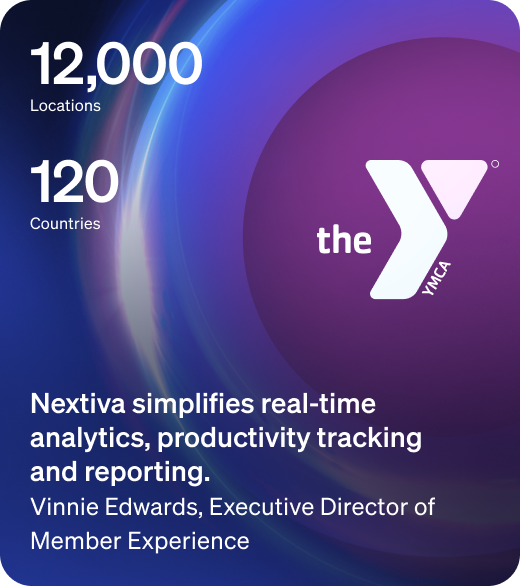


Eliminate agent hassles. Elevate customer service.
How unified + automated contact management works.
Omnichannel conversation history
Omnichannel conversation history lets you track every customer interaction across all channels in one place. This feature helps you understand your customers better by providing a unified view of their communication history. It reduces the time spent searching for information, allowing you to focus on delivering excellent service.
With a complete record of past interactions, you can personalize your responses and address issues more effectively. This leads to higher customer satisfaction and loyalty. You no longer need to switch between different systems to find what you need, making your job easier and more efficient.
For agents, having access to omnichannel conversation history means they can quickly get up to speed on any customer issue. This improves response times and reduces frustration for both agents and customers. It also helps in training new agents, as they can learn from past interactions and understand common issues and resolutions.
Skills-based routing
Skills-based routing ensures that each customer query is directed to the most qualified agent. This reduces wait times and increases resolution rates.
By matching customer needs with agent expertise, it enhances the customer experience. Customers feel understood and valued, leading to higher satisfaction.
Agents benefit from handling queries they are best equipped to resolve. This boosts their confidence and efficiency, resulting in better performance and job satisfaction.
Single interface for agents
Imagine a contact center where agents can handle all customer interactions from a single interface. This feature simplifies the workflow, reducing the time spent switching between different systems. It means agents can focus more on the customer and less on navigating complex software.
For customers, this translates to faster response times and more consistent service. When agents have all the information they need in one place, they can resolve issues more efficiently. This leads to higher customer satisfaction and loyalty.
From an operational standpoint, a unified interface improves agent performance by minimizing errors and training time. New agents can get up to speed quickly, and experienced agents can handle more interactions with greater accuracy. This boosts overall productivity and reduces operational costs.
Unified reporting across channels
Unified reporting across channels provides a comprehensive view of customer interactions. It consolidates data from various touchpoints into a single, easy-to-read report. This helps you understand customer behavior and preferences better.
With unified reporting, you can identify trends and patterns that were previously hidden. This insight allows you to make informed decisions that enhance customer satisfaction. It also reduces the time spent on manual data compilation, freeing up resources for more strategic tasks.
For agents, unified reporting means less time switching between systems. They get a complete view of the customer journey in one place. This improves their efficiency and allows them to provide more personalized service, leading to better customer experiences.
Nextiva powers 1 million+ users and billions of interactions annually.
See how Nextiva can help your business deliver exceptional experiences as you engage, market, sell, and service.



























